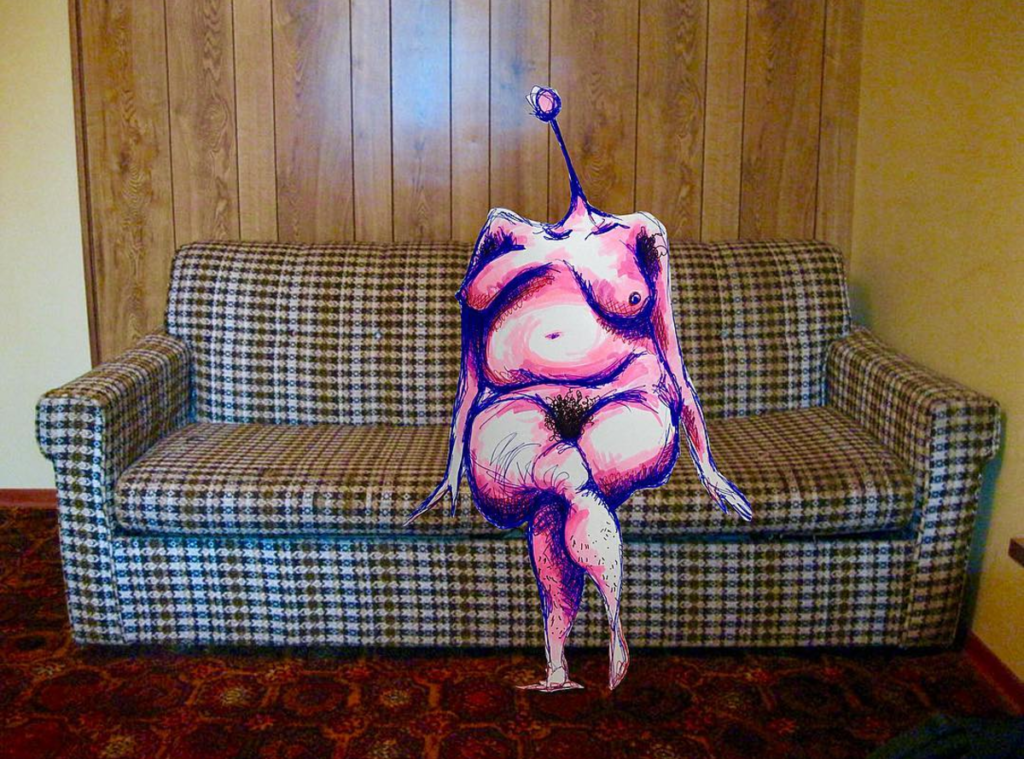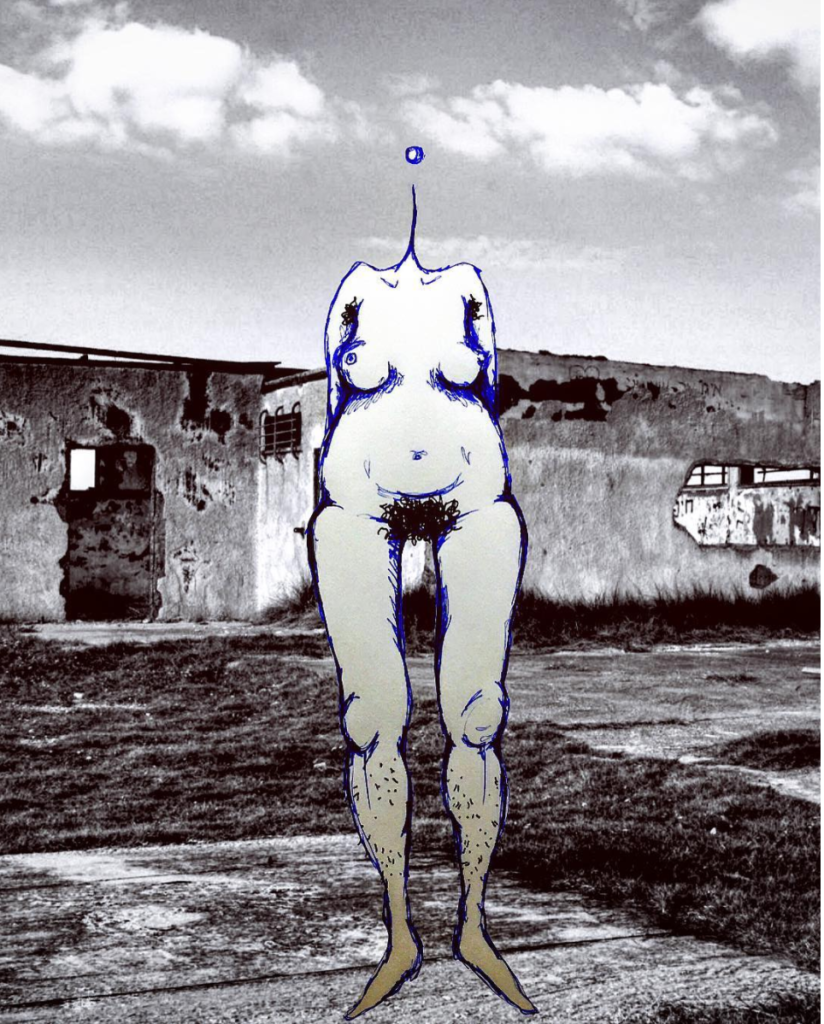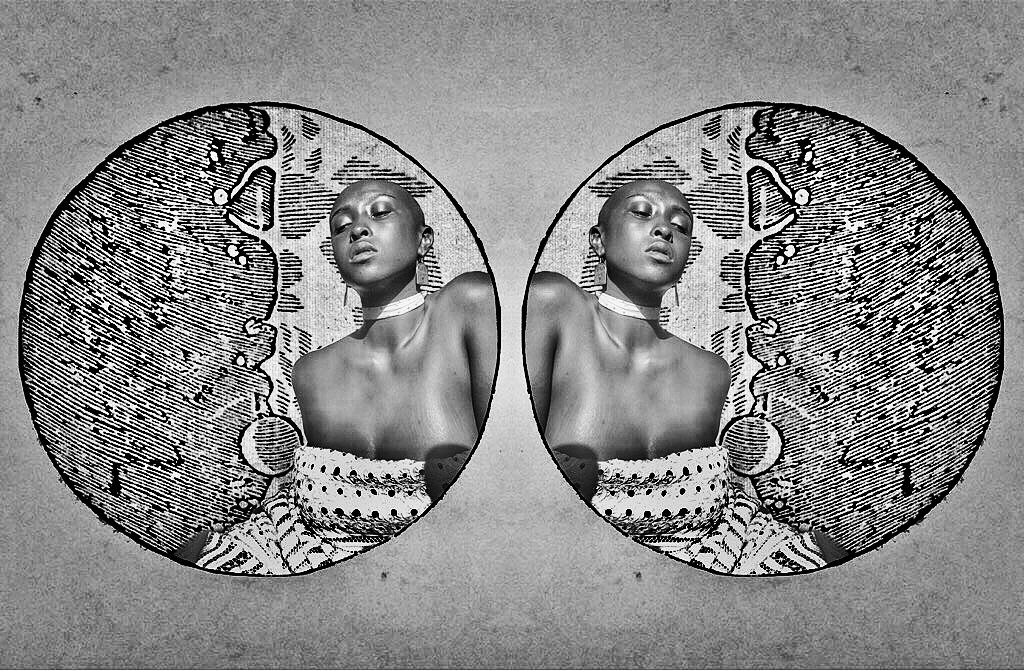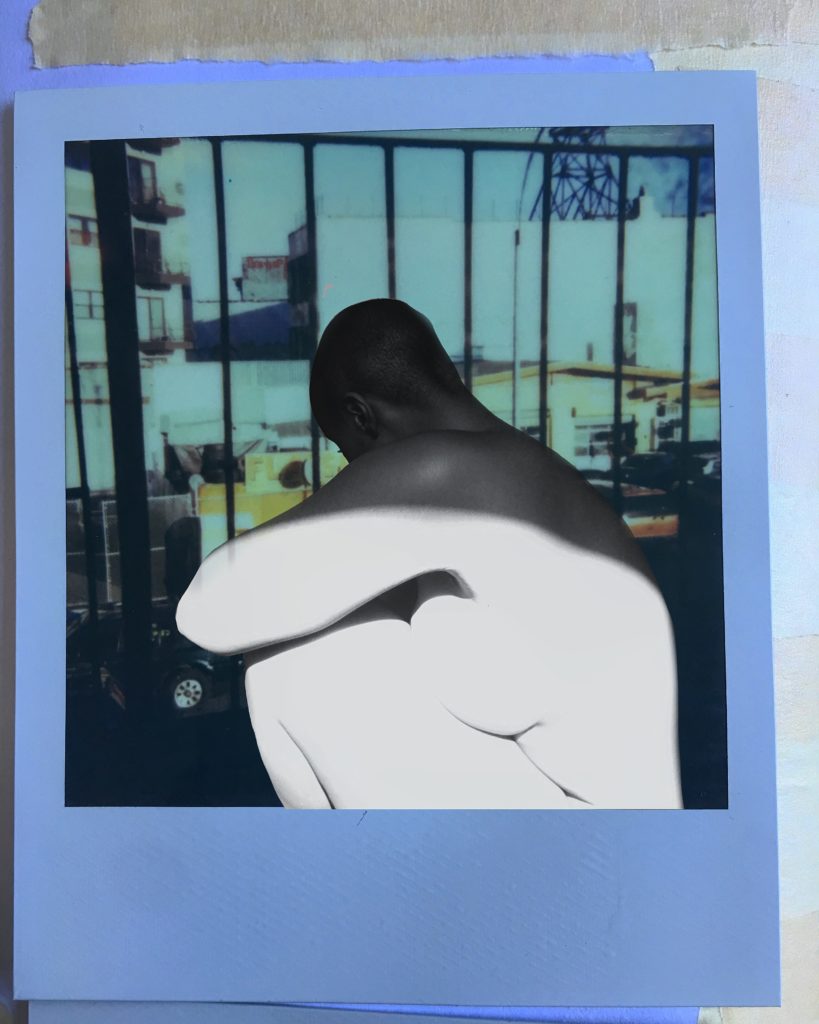The Therapist Speaks on Mania
I put up a Craigslist ad: looking to smoke weed then fuck all day. Dan writes back. He says he is free after 3:30 p.m. and he doesn’t smoke weed. Dan is a straight white man. Dan is the only graphic designer I know who doesn’t smoke weed. Dan knows he does not meet my two criteria and expects to be chosen anyway. Because I am too eager to compromise my needs, I invite Dan to my place. Dan says he will lick my asshole. Dan says he will take his time. As we are fucking, he panics and asks what time it is. I tell him 4:00. He says, “I have to pick up my kid.” Dan goes to stranger’s houses for sex, instead of picking up his child. What the fuck, Dan? I get off of Dan. He leaves the condom on my bedspread that’s now soaked through with his sweat.
I see a tote bag on the Internet. It says, “Carry yourself with the confidence of a mediocre white man.” I only apply to jobs I’m qualified for. There are probably jobs I’m qualified for that I don’t apply to because I don’t think I’m good enough or I don’t know about them or I lose them to assholes like Dan.
When I ask, why is _______ so shitty? The answer is usually white supremacy. When I ask, why do I do these things? The answer is usually mania.
My Facebook friend starts a hashtag: #ThingsIDidWhileManic. I read through the comments and see things I’ve done. I want to comment. That I’ve shaved my head. I’ve intentionally slammed the brakes and swerved and sped when my mother pissed me off. I fucked four men in four days (not all protected). I’ve stood in my hallway naked, waiting for my neighbors to see me. I’ve drunk a bottle of clementine vodka and eaten three weed brownies. I’ve dated a man 38 years older than I am and dumped him for his son. I’ve smoked a pack of menthols in one sitting. I’ve hit my ex. I’ve hit a different ex. I’ve written 20-page love letters with hidden read receipts. I can’t bring myself to comment. I am studying to be a therapist. My professors and textbooks tell me not to reveal anything about myself. To be a blank slate. To never admit I’m not okay, either.
My ex-girlfriend is a therapist. My ex-girlfriend is a gay white woman. She and I break up because she’s not okay, either. Because she’s like Dan. I told her sex is a mandatory part of a relationship for me. We didn’t have any. At all. Aside from the one time she thought we were scissoring and she was just humping my thigh and I just laid there.
I tell my girlfriend, she isn’t fulfilling my needs. She says, I know. I cannot get angry without somebody calling me crazy. Because of my past. Because of my skin color. I am not allowed to fall apart. To be anything less than what anyone expects. I am not okay. And isn’t that the opposite of mediocrity.
Twelve Thoughts on Depression
I.
My grandmother calls herself a “Depression Baby.”
Born in 1933, she came along at a miserable time.
She says her family got through it
by refusing to show signs of weakness.
II.
She says she worries about my nerves.
She whispers, as if covering up a dirty habit.
I ask her why she cannot call it what it is.
III.
The first time I told my mom I was depressed,
she laughed. “But you have it so good,” she said.
After that, I took “sad” to mean “ungrateful,”
and thought asking for help was a sign of weakness.
IV.
He and I feared becoming zombies.
We can tell “smart” from “obedient.”
We know that doctors prescribe Prozac at the drop of a hat.
V.
My aunt’s pet cockatiel takes Prozac.
VI.
He said, “All great writers are depressed.
Why quit the tortured genius club?”
“Why apply for grad school?
Let depression be your terminal degree.”
VII.
I said, “Medication treats symptoms,
but does not cure them.”
If sickness ever disappeared completely,
the drug lords would go out of business.
They’d have to sell their vacation homes,
and who are we to deny them relaxation
from the stress of honest work.
VIII.
Rock bottom is everything they say it is.
Like heaven or hell, it is not a place,
but a language you cannot understand
until you have nothing.
IX.
It’s been a year since I started medication.
I wonder if he yells “traitor” in his sleep,
if he dreams we’re Bonnie and Clyde,
and I’ve turned us into the police.
X.
My psychiatrist says that one day,
I can come off the pills completely.
I hope sooner than later.
I have always wanted children.
XI.
At the hospital, a baby was born broken.
While pregnant, his mother had stayed on her pills.
It was either this, or the risk of her killing them both.
Sometimes, I wonder who decided
that it’s fine if you are damaged,
as long as you aren’t dead.
XII.
My grandmother calls herself a “Depression Baby.”
Born in 1933, she came along at a miserable time.
I worry my son will, too. That he will be born
broken, and will gorge himself on tainted milk.
That he will inherit a sickness he never asked for.
I hope he never learns the language of rock bottom,
but if he does, it is a language I still know how to speak.
What does it mean to have empathy
for the very affliction you caused?
It means that there is no one else
better equipped to love him than me.
Lauren T. Yates is a poet from Oceanside, CA. In 2012, Lauren earned her B.A. in English with a Creative Writing Emphasis from the University of Pennsylvania. Her work has appeared, or is forthcoming, in Bettering American Poetry 2015, Rust + Moth, Hermeneutic Chaos, and Connotation Press. Lauren’s work focuses on her identities as a queer black femme living with C-PTSD. In her free time, she enjoys watching RuPaul’s Drag Race, dancing to Joy Division, and eating gyros. For more information, visit http://www.laurentyates.com.






